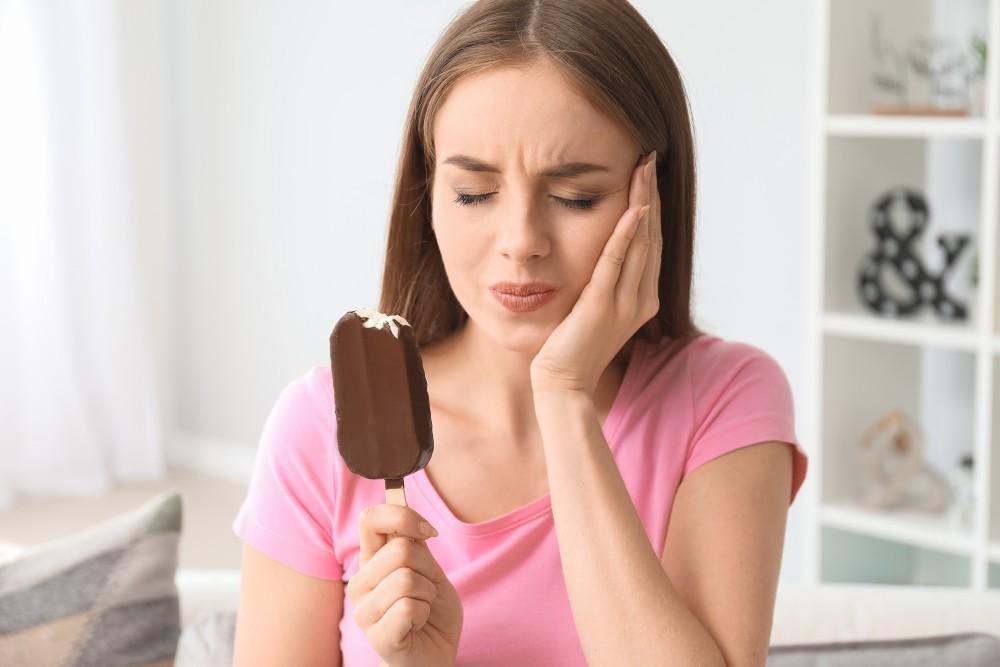
Sleep Apnea, Jaws, and Gums

IN JUST THE UNITED STATES, sleep apnea affects over 18 million adults and up to 20 percent of children who habitually snore. Sleep apnea is a disorder involving brief, repeated interruptions to normal breathing during sleep. In addition to being potentially life-threatening, this disorder can be very harmful to oral health.
The Different Types of Sleep Apnea
There are different ways sleep apnea can occur. The most common is obstructive sleep apnea (OSA), caused by a blocked airway — typically the tongue collapsing against the soft palate, which then collapses against the back of the throat, leaving no space for air to get through. A rarer form is central sleep apnea, in which the brain fails to signal the respiratory muscles to keep breathing. Some people experience a combination of the two, which is called complex sleep apnea.
In any type of sleep apnea, the brain reacts with alarm to the lack of air and forces the person to wake up and take a breath. Even though this process is over in seconds and they usually remember nothing, it can happen hundreds of times in a single night. We need uninterrupted sleep in order to be fully rested, so even tiny interruptions can have a very detrimental impact on quality of sleep.
Okay, But How Does That Affect Oral Health?
On top of struggling with the effects of sleep deprivation like exhaustion, morning headaches, and trouble concentrating, sleep apnea affects oral health in a number of ways. People with OSA are more likely to struggle with moderate to severe periodontitis (gum disease), but they are even more likely to develop temporomandibular joint disorders (TMD).
A sleep apnea episode happens when the throat relaxes, and studies have shown that the jaw tends to reflexively clench in an effort to keep the airway open. This TMD issue leads to other problems, including pain when chewing, chronic headaches, neck and shoulder pain, and even damaged teeth.
The Dentist Is Your Best Ally
Dental side-effects are so common in sleep apnea cases that the dentist is often the first one to recognize the signs and diagnose it. That’s only one way keeping up with your regularly scheduled dental appointments can benefit your overall health, not just your oral health. Common treatment options for sleep apnea patients include nighttime dental devices that push the tongue or lower jaw forward and CPAP (continuous positive airway pressure) machines.
Sleep Healthy, Smile Healthy!
We all need good sleep in order to feel our best, so if you’ve been living with sleep apnea symptoms, your next dental appointment could change your life. Stop by our practice today or give us a call to schedule a dental exam, and we’ll be able to discover if sleep apnea is the cause. Then you’ll be on the path to a better night’s sleep and a healthier smile!
Sleep tight, wonderful patients!
The content on this blog is not intended to be a substitute for professional medical advice, diagnosis, or treatment. Always seek the advice of qualified health providers with questions you may have regarding medical conditions.
You Might Also Enjoy...


Why Do My Teeth Feel Sensitive and Unstable?

5 Warning Signs You Need a Root Canal

Upgrade Your Smile with These Cosmetic Treatments

4 Causes of a Sudden Toothache

